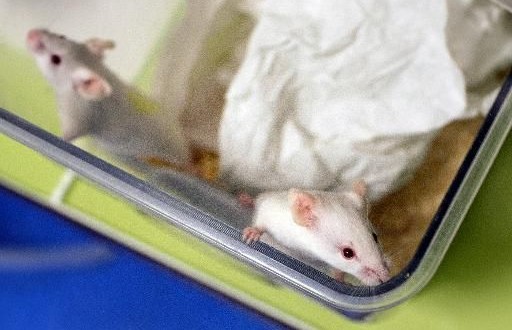Researchers from Japan’s Yokohama City University Association of Medical Science may have stumbled onto a technique that can preserve the fertility of boys facing cancer treatments.
For the first time, researchers have been able to produce live offspring from deep-frozen testicle tissues, according to a recent study published in the journal Nature Communications.
Infertility is one of the adverse side effects of certain types of cancer treatment, and, as cure rates for childhood cancers are increasing, fertility has become an important concern for patients and their families.
Freezing sperm itself to preserve it for future use is only possible for boys who have reached puberty, so scientists have been seeking ways of helping prepubescent boys have a chance of producing their own children even after cancer treatment.
Ogawa and colleagues said they had previously developed an organ culture system that can induce complete spermatogenesis – the process by which sperm is produced by the testes – in mice.
In this latest experiment, they cryopreserved the testicular tissues of newborn mice, either by slow-freezing or vitrification – a specialised fast-freezing technique.
After thawing, the tissues were cultured – or grown in a lab dish – and spermatogenesis induced. The scientists found the thawed tissues was able to produce sperm just as efficiently as comparable unfrozen sperm tissue.
The team then used micro-insemination – where sperm is deposited directly into immature egg cells – with tissues that had been cryopreserved for more than four months.
This lead to eight offspring in total, they said, and the offspring grew healthily and were also able to reproduce.
“This strategy presents a potential method for preservation of fertility but will require further work before it can be translated into humans,” Ogawa’s team wrote.
Agencies/Canadajournal

 Canada Journal – News of the World Articles and videos to bring you the biggest Canadian news stories from across the country every day
Canada Journal – News of the World Articles and videos to bring you the biggest Canadian news stories from across the country every day

